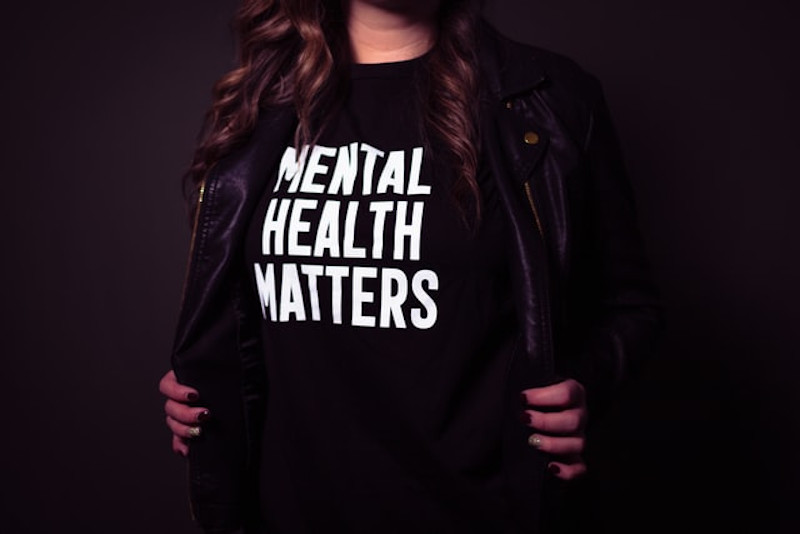
What is Complicated Grief?
by Counseling and Wellness Center of PittsburghMay 19, 2021 bereavement, divorce, family estrangement, family loss, grief, grief counseling, grief counseling monroeville, grief counseling pittsburgh, grief therapy, grief therapy monroeville, grief therapy pittsburgh, grieving the loss of a parent, Uncategorized0 comments
Losing someone close to you can invoke many complex emotions like sadness, pain, loss, and hurt. These feelings are natural and a part of life, but with complicated grief, or complicated bereavement disorder, such feelings don’t fade with time or improve. Their emotions might be so intense that it disrupts their daily life.
Living with complicated grief can bring up dysfunctional behaviors and...Learn More

